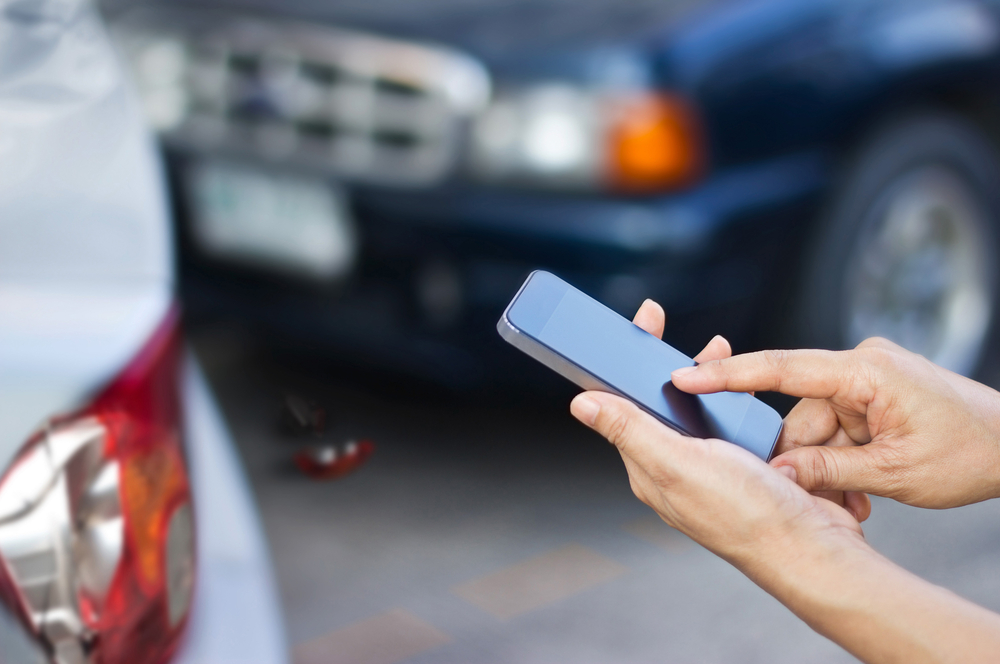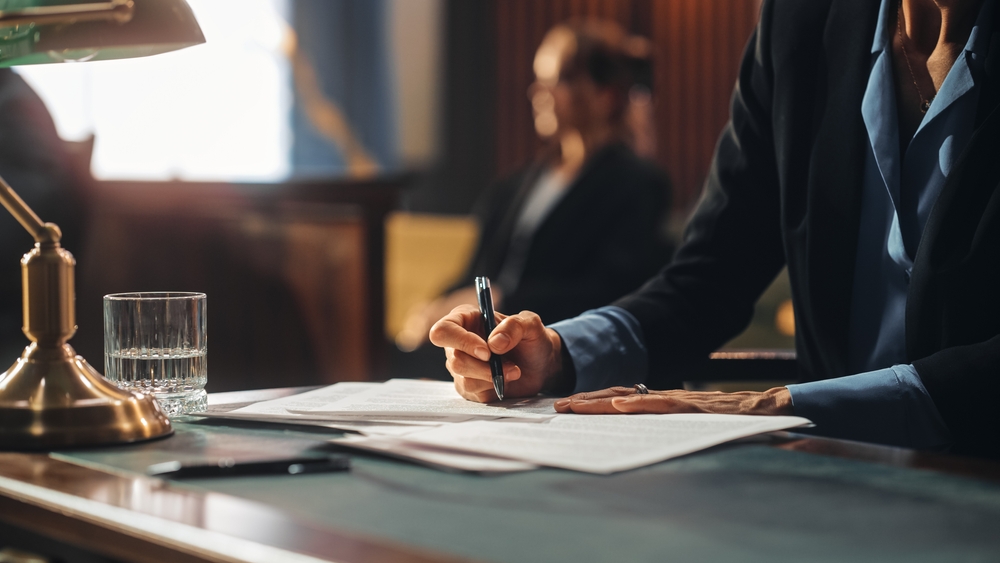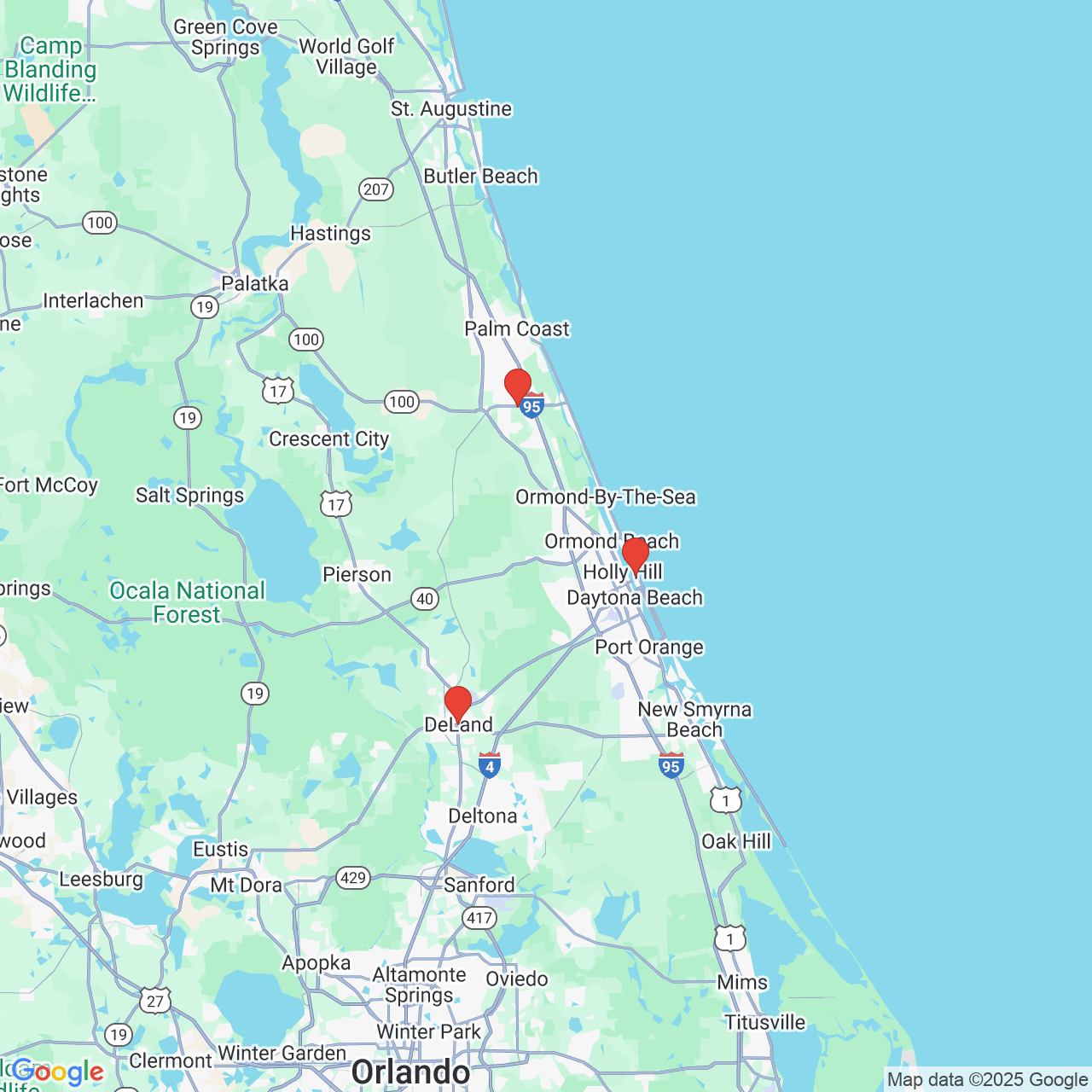Proving Fault: Car Accidents and Police Reports

Following a car accident, it may be difficult to know what you should do next. After seeking medical attention, speaking with your insurance provider, and recuperating, you then have to decide if it’s worthwhile to seek legal action. The Daytona Beach, FL and Palm Coast, FL, auto accident attorneys of Chanfrau & Chanfrau, including myself, William Chanfrau, Jr., are here to help.
When helping clients with lawsuits and settlements for car accidents, me and the other members of our team can look over numerous documents and evidence in building a case. The police report from your collision can play an important role in establishing who was at fault in a crash. Let’s explain if it's possible to prove fault with car accident police reports.
What Is a Police Report?
A police report is a record of an incident that occurred that is filled out by a responding police officer. This police report contains information on what happened, as well as the officer’s opinion of what occurred.
Information in a Police Report
Some information that is commonly found in a police report for a car accident or other auto collision includes:
- Date and time of the collision
- Location of the collision
- Make and model of the vehicles involved
- License plate numbers
- Vehicle occupant names, contact info, and insurance details
- Information on witnesses of the crash
- Statements from motorists and witnesses
- Descriptions of vehicle damage
- Diagram of the collision
- Notes on any laws violated/tickets issued
- Notes on road and weather conditions
- Officer's assessment of the collision
A Mix of Facts and Opinion
As you may have noticed, there is a mixture of fact and opinion contained in a police report.
The objective matters recorded are indisputable (if recorded accurately). The officer’s assessment of what happened, however, may be up for debate depending on the nature of the crash. In fact, insurance companies may have a completely different assessment of what happened and why.
Can the Police Report Prove Fault?
A police report alone will not necessarily prove fault. Given that the officer’s assessment is subjective and opinions may vary, it is an important record of what happened but not a definitive statement of what occurred.
With this in mind, building a case will involve looking at the details in the police report as well as checking with witnesses and analyzing any evidence that is available.

How to Get a Copy of the Police Report
There are two ways that a copy of a police report can be obtained:
- Obtaining a Free Copy - If your own insurance company requested a copy of the police report to look over, you can request a copy of the police report at no charge through the insurance company’s claims representative.
- Paying for a Copy - After responding to the collision, the responding officer will provide you with a receipt for your incident. This receipt will allow you to obtain the police report from the specified law enforcement office. You will need to pay an administrative fee.
Police Reports and Private Property
Many people believe that accidents on private property are rare. However, they fail to consider parking lots can be considered private property, and police may have limited jurisdiction in the event of an accident.
If you are involved in an accident, it is always important to attempt to call the authorities whether you are on private property or not. This will ensure that you are following all applicable laws and protecting yourself legally.
In some cases, police may still write up a form of a police report or incident report, but it may not cover all aspects a regular police report would cover. Still, it is important to obtain whatever report is provided for legal and insurance purposes.
Other Evidence That Can Help Prove Fault
A police report is an important piece of evidence in proving fault during a car accident, a combination of evidence is considered when determining fault. If this evidence is readily available, please inform the officer when they are filling out the police report as this information can be included or considered.
- Dashcam Footage - Dashcams are becoming more prevalent. If you or a witness have dashcam footage, this can be beneficial in proving fault.
- Photos - Photos of the wreck, scene, and any damage to your vehicle can be beneficial. In some cases, photos of the damage can be analyzed to help determine fault.
- Witnesses Accounts - Witnesses to the accident are often considered when determining fault. Police will often interview witnesses to their perspetives to the report.
This information, along with the police report, is especially critical for your car accident claim.

What If I Do Not File a Police Report?
Contacting the police department or proper authorities following an accident is very important. It is legally required to report an accident in the state of Florida. Even if a police report is not needed or given, by contacting the authorities you are ensuring you are fulfilling your obligation to report by law.
If the other driver involved in your car accident attempts to persuade you to not call the police, there could be legal repercussions for you later.
Potential consequences of not contacting the authorities include a fine or even a charge of leaving the scene of an accident, which is a crime. Always call the proper authorities and allow them to decide if a police report is needed.
Working With Your Car Accident Lawyer
Using the police report and available evidence, your lawyer will build a strong case proving that the other party was at fault. If there were any tickets or citations issued after the collision, these can be helpful in demonstrating negligence. We will also advise you on whether you should accept a legal settlement or proceed to trial.
Our goal is to help you make smart legal choices at every stage of your personal injury case.
Speak With the Attorneys of Chanfrau & Chanfrau
For more information about your legal options following a motor vehicle collision, be sure to contact our team of auto accident lawyers. Myself and our team of attorneys of Chanfrau & Chanfrau are here to help. You can reach our law offices 24/7 at the following phone numbers:
-
Daytona Beach Law Office: (866) 794-1664
-
Palm Coast Law Office: (386) 222-0299
-
DeLand Law Office: (386) 222-0299

About William Chanfrau, Jr.
William M. Chanfrau, Jr. began his legal career in 1997 working for the State Attorney's office. He joined his father's practice in 2001 and became a managing partner at the firm in 2007. Mr. Chanfrau is a member of the Florida Bar, the Southern Trial Lawyers Association, the Volusia Civil Trial Lawyers Association, and other legal organizations.
Read Mr. Chanfrau's Full Bio | All Posts by Mr. Chanfrau



